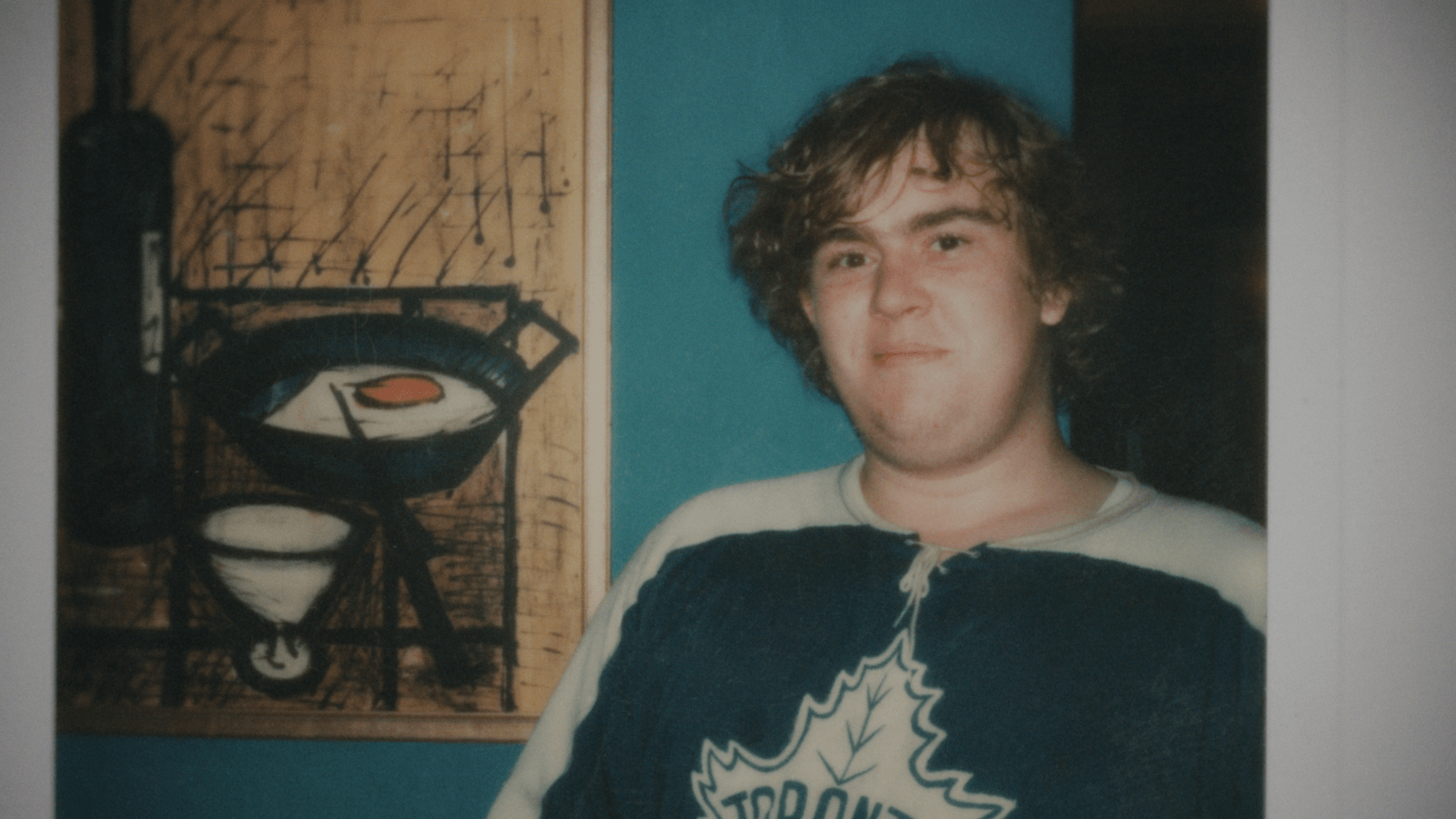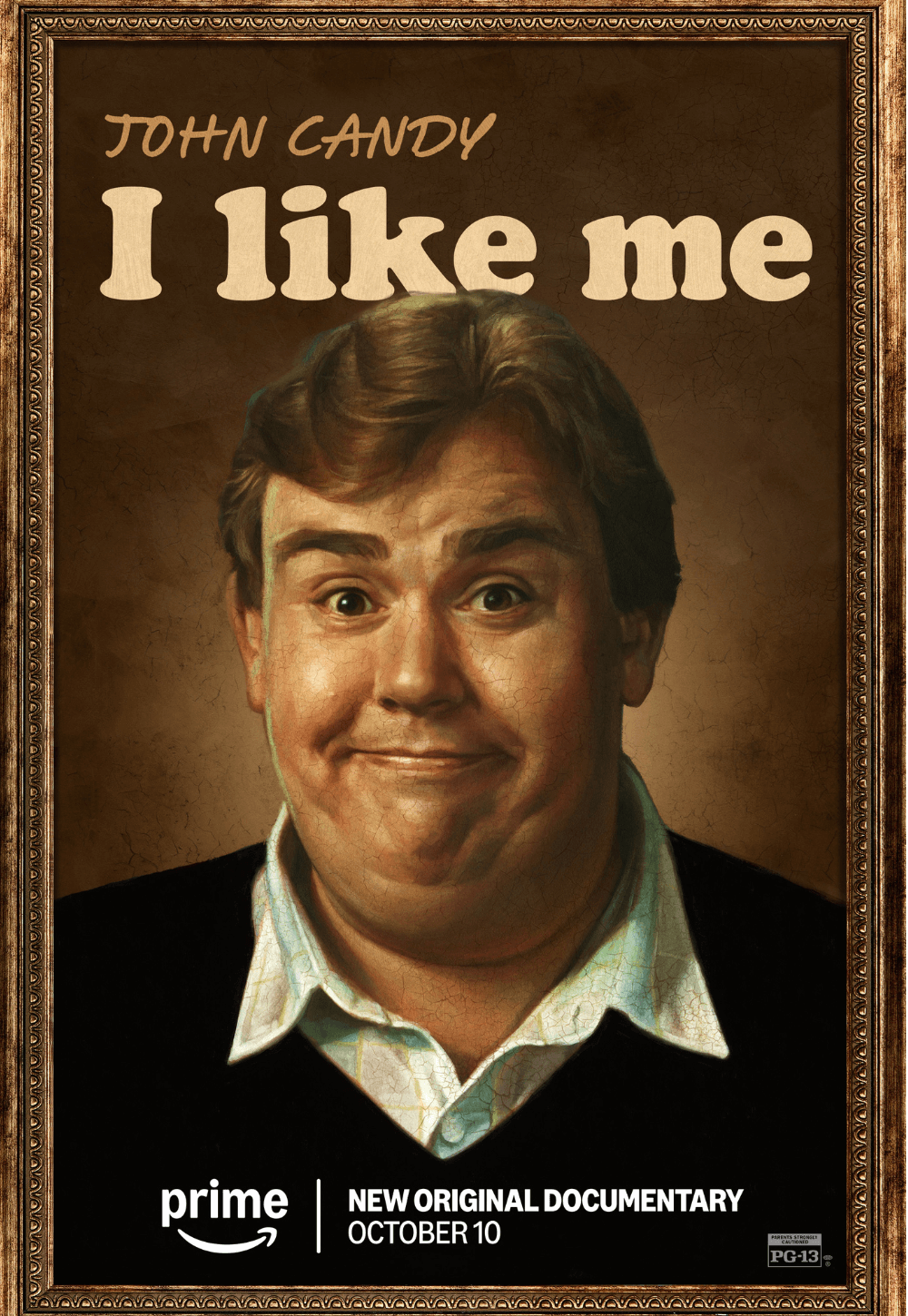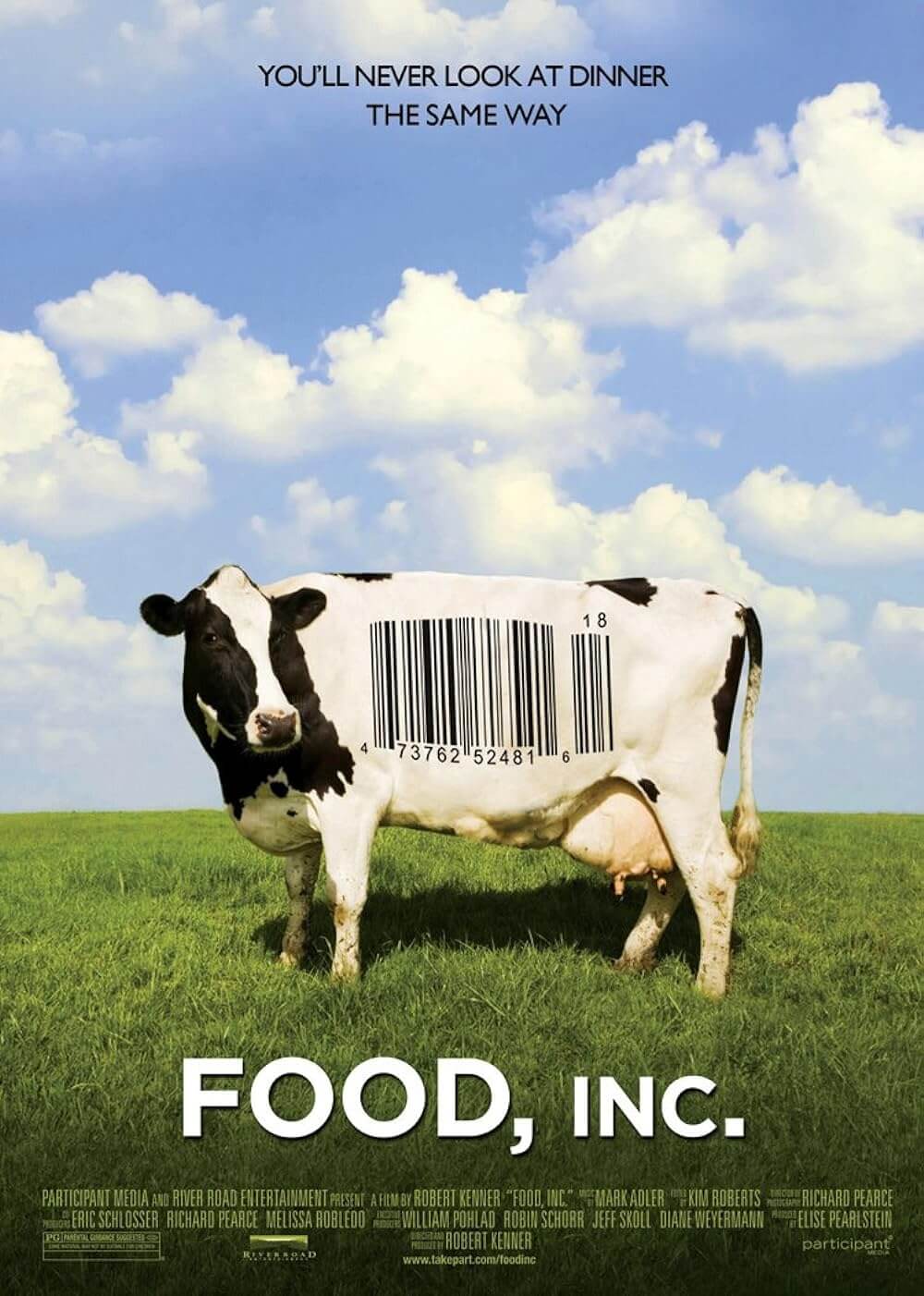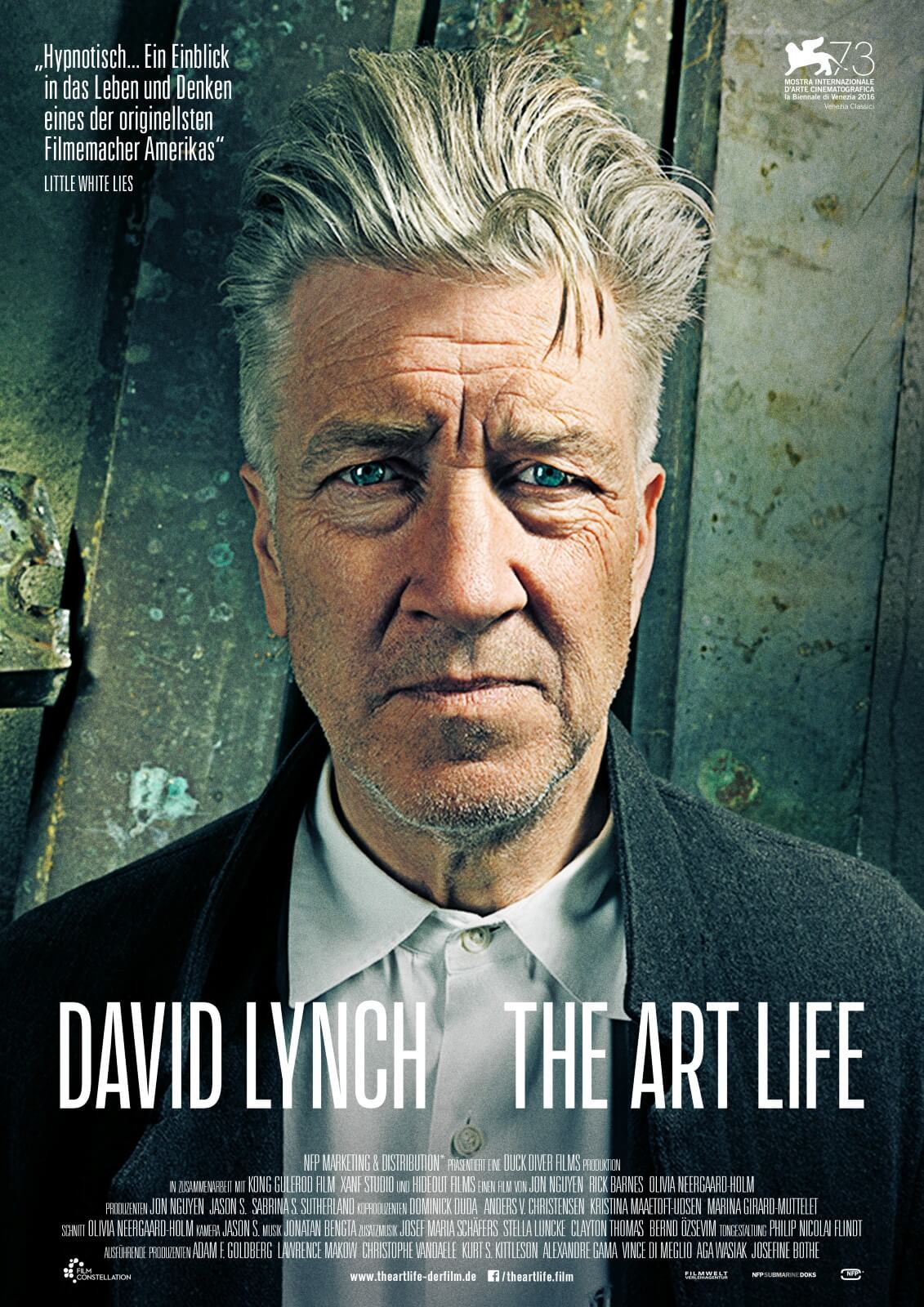Short Takes

John Candy: I Like Me
By Brian Eggert |
The Citizen Kane-esque question at the center of John Candy: I Like Me, a documentary by Colin Hanks about John Candy’s life and career, asks, Who was this man? The answer isn’t really a revelation: To the surprise of no one, the film claims that Candy was a sweet, sensitive, funny man who was beloved by his friends and brought joy to his fans. An interview with Bill Murray finds him struggling to find anything negative to say about Candy. His longtime friends and colleagues—Andrea Martin, Dave Thomas, Martin Short, Catherine O’Hara, and Eugene Levy—give talking-head interviews and have nothing but effusive things to say. If there’s any criticism at all, it comes from those closest to him: Candy was not as concerned about his health as he should have been, and that undoubtedly led to his heart attack at the age of 43.
Hanks’ doc doesn’t break the familiar biographical mold, but he takes on his subject with a humanity that will remind viewers what made Candy so beloved. The production features the usual arrangement of home videos, archival photographs, clips from his TV and movie roles, and interviews with journalists spanning Candy’s career. We learn about his Canadian roots, his hopes of playing football, his reluctance to start acting, the stacked production of Godspell in which he appeared alongside many of the later Second City players. After, he got his start in improv comedy, SCTV, and movies, soon becoming the star of Planes, Trains and Automobiles (1987), The Great Outdoors (1988), and Uncle Buck (1989). His fellow comedians and surviving family members recall how he avoided roles that required excessive travel, as he preferred to remain close to his wife and two children. And everyone gushes about his genial presence.
An aching theme uncovers how Candy’s father, who died at 35 when Candy was just 5 years old, remained a constant concern, casting a grim shadow over his life. As a result, he anticipated that his life would be short-lived; however, he also buckled when interviewers rudely inquired about his weight and commented on his size. Later in life, Candy became riddled with anxiety and then self-medicated with alcohol, food, cigarettes, and cocaine in excess that ultimately led to his death. However, most of the film consists of Candy’s fellow actors and loved ones recalling his impact on their lives and his incomparable screen presence, particularly in his collaborations with John Hughes. It’s a loving appreciation of a man whose life proved tragically short, yet his work remains cherished and leaves a deserved legacy.

Thank You for Supporting Independent Film Criticism
If the work on DFR has added something meaningful to your love of movies, please consider supporting it.
Here are a few ways to show your support: make a one-time donation, join DFR’s Patreon for access to exclusive writing, or show your support in other ways.
Your contribution helps keep this site running independently. However you choose to support the site, please know that it’s appreciated.
Thank you for reading, and for making this work possible.
Brian Eggert | Critic, Founder
Deep Focus Review






